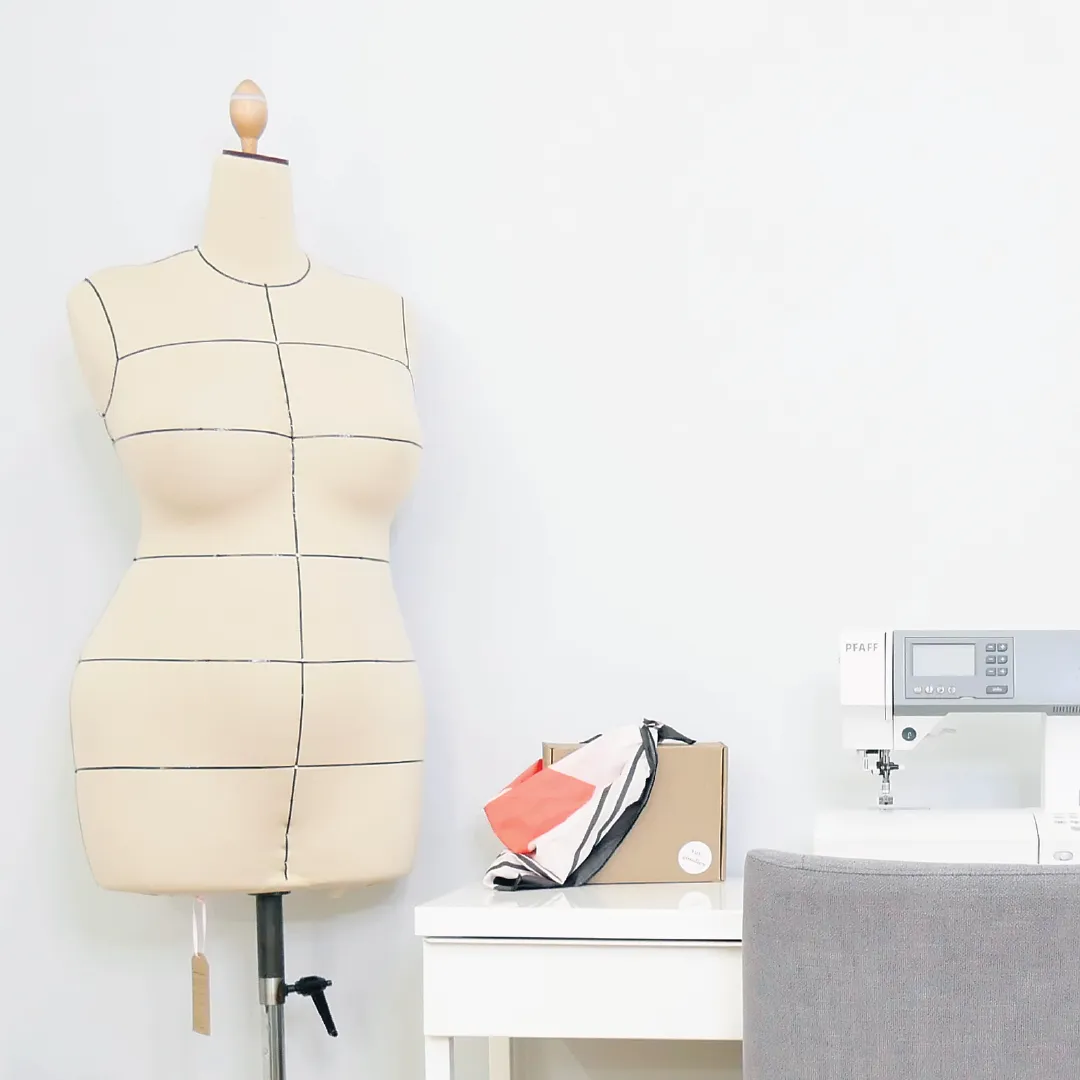In Fitting Fashion
Lessons, Techniques, and Inspiration for Mastering the Art and Science of Fit
Have a sewing pattern you love—but wish it looked just a little more modern?
Before you start searching for something new, consider this: your existing pattern collection holds more potential than yo...
How to Do a Full Bust Adjustment Without Darts
Adjusting for a full bust doesn’t always require traditional darts. If your sewing pattern uses gathers or pleats instead of dart shaping—like the Belle...
One of the most efficient ways to avoid making endless samples is by assessing your sewing pattern before you cut your fabric. In this video tutorial, I walk you through how to do just that using the ...
Have you ever found a sewing pattern you love—only to realize it doesn’t include your size?
Before you give up or start searching for a different design, there’s a solution: grading the pattern up to...
If your sewing projects aren’t turning out the way you hoped—despite carefully following the pattern instructions—this is the way it is for most of us. Whether you’re getting back into sewing after a ...
Save Time and Get a Better Fit.
If your pattern adjustments often lead to more confusion than clarity—this video will show you why.
When fitting garments, the order in which you make adjustments has a...
They say it's too complex.
All that measuring and math! Why bother when there are so many patterns that are inexpensive and ready made?
Well, I'm here to tell you that creating a block pattern is no...
Should You Adjust Patterns or Draft a Custom Block? Here’s How to Decide
If you’ve been sewing for a while, chances are you’ve asked yourself this question:
Do I keep adjusting commercial patterns, ...
Make the Most of a Pattern You Already Love
This month, I’m exploring how to get more from the sewing patterns you’ve already fitted to your body. And today, I’m showing you one of my favorite ways t...
My Step by Step to a Perfect Fit
Once you've worked hard to fit a pattern to your body, there's no reason to stop there.
One of the best ways to save time—and get more from your sewing—is to reuse a...





